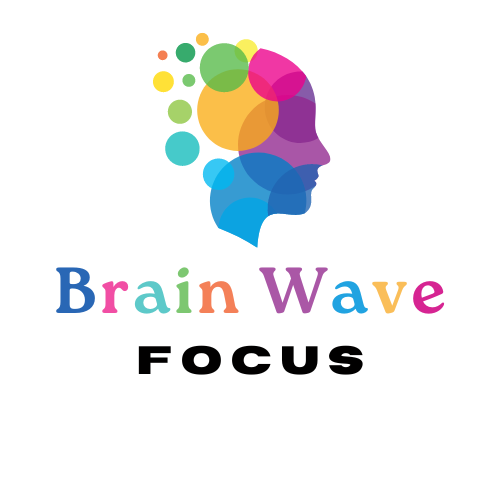Navigating conflicts can be particularly challenging for individuals with Attention Deficit Hyperactivity Disorder (ADHD). The inherent symptoms of ADHD—such as impulsivity, emotional dysregulation, and communication difficulties—can exacerbate disagreements, leading to heightened tensions in personal and professional relationships. However, with a deeper understanding of these challenges and the implementation of effective strategies, individuals with ADHD can manage conflicts more constructively.
Understanding the Impact of ADHD on Conflict
ADHD often manifests through impulsive reactions, difficulty in regulating emotions, and challenges in maintaining focus during discussions. These traits can result in misunderstandings, as individuals may respond hastily without fully processing the other person's perspective. Emotional sensitivity can cause them to perceive criticism where none was intended, further escalating disputes. Additionally, challenges in organizing thoughts can lead to difficulties in articulating feelings, causing frustration for both parties involved.
Strategies for Effective Conflict Resolution
-
Reflective Listening: Engaging in reflective listening involves actively paying attention to the speaker, then paraphrasing their message to confirm understanding. This technique ensures that the individual with ADHD remains focused during the conversation and helps in clarifying any misinterpretations. For instance, saying, "So, what I hear you saying is..." can validate the speaker's feelings and promote mutual understanding.
-
Mindfulness Practices: Incorporating mindfulness techniques, such as deep breathing exercises or meditation, can aid in managing impulsive reactions. By practicing mindfulness, individuals with ADHD can develop greater self-awareness, allowing them to pause and consider their responses during heated moments, thereby reducing the likelihood of escalation.
-
Setting Boundaries: Establishing clear boundaries during discussions can prevent emotions from overwhelming the conversation. For example, agreeing to take short breaks if tensions rise can provide the necessary space for both parties to cool down and approach the issue with a clearer mindset. Communicating these boundaries beforehand ensures that both individuals understand and respect the need for occasional pauses.
-
Utilizing "I" Statements: Expressing feelings using "I" statements, such as "I feel concerned when..." instead of "You always...", focuses on personal feelings without assigning blame. This approach reduces defensiveness in the listener and fosters a more open and constructive dialogue.
-
Developing Healthy Routines: Implementing structured routines can provide stability, which is beneficial for individuals with ADHD. Regularly scheduled check-ins or discussions can ensure that issues are addressed promptly, preventing the buildup of resentment or misunderstandings.
Overcoming Challenges Together
It's essential to recognize that conflicts are a natural aspect of relationships, but they can be navigated successfully with mutual effort and understanding. Partners or colleagues should approach conflicts as a team, focusing on collaborative problem-solving rather than assigning blame. This collective approach fosters a sense of unity and shared purpose.
Seeking Professional Support
When conflicts become particularly challenging, seeking guidance from professionals can be beneficial. Therapists or counselors specializing in ADHD can offer tailored strategies to manage symptoms and improve interpersonal interactions. They can provide tools to enhance communication, develop emotional regulation skills, and implement effective conflict resolution techniques.
Embracing Growth and Understanding
Living with ADHD presents unique challenges, especially in the realm of conflict resolution. However, by embracing strategies such as reflective listening, mindfulness, and clear communication, individuals can navigate disagreements more effectively. It's crucial to view conflicts not as insurmountable obstacles but as opportunities for personal growth and deeper understanding within relationships. With patience, practice, and support, individuals with ADHD can foster harmonious and fulfilling interactions.


